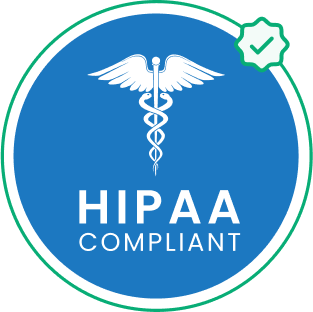What is Predictive Analytics?
Predictive analytics is a branch of advanced analytics that utilizes historical and current data to make predictions about future events or outcomes. It involves the application of statistical models, machine learning algorithms, and data mining techniques to analyze patterns and trends in data, allowing organizations to forecast future behavior and make informed decisions.The goal of predictive analytics is to identify patterns in data and use them to make reliable predictions about future events or behaviors. It involves understanding the relationships between variables and using that knowledge to create models that can accurately forecast outcomes. These models are trained on historical data, learning from past patterns to make predictions on new, unseen data.Related terms
Not to be confused with:
Back to glossary











